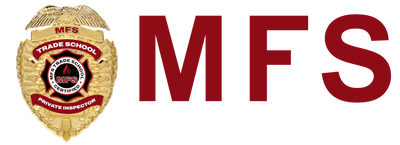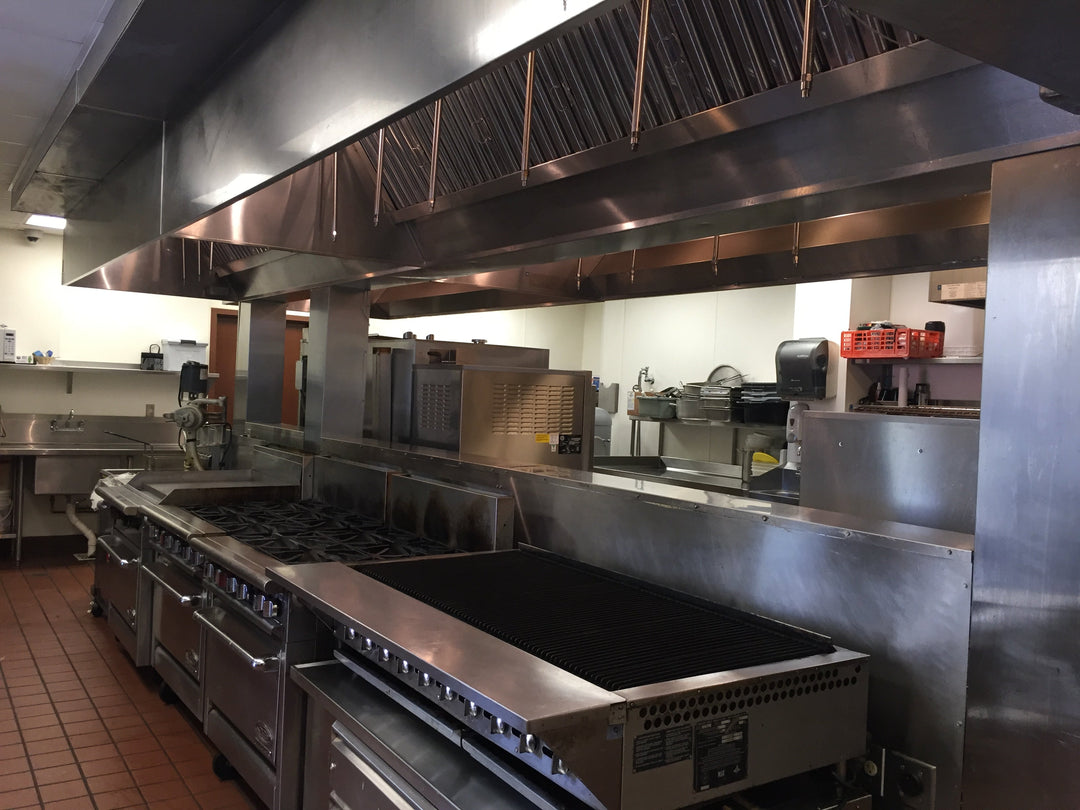Top 10 Skilled Trades You Can Start in Less Than a Year

Are you ready to unlock your potential and embark on a rewarding career path without spending years in a traditional classroom? Skilled trades offer a unique opportunity to gain valuable expertise and start earning a competitive salary in a short amount of time.
Many industries are experiencing a high demand for skilled professionals who can fill essential roles in construction, manufacturing, healthcare, and other sectors. By investing in focused training and hands-on experience, you can quickly position yourself for success in a fulfilling career that offers job security and room for growth.
Discover the wide range of skilled trades that can be mastered in a year or less, and learn how to get started on your journey to a brighter future. With the right training and dedication, you can develop marketable skills, contribute to your community, and build a stable career that you can be proud of.
What are skilled trades?
Skilled trades are professions that require specific training, knowledge, and hands-on skills to perform essential tasks in various industries. These careers often involve manual labor and technical expertise, allowing skilled tradespeople to create, maintain, and repair the infrastructure and products that keep our society functioning smoothly.
From construction and manufacturing to healthcare and automotive services, skilled trades play a vital role in meeting the needs of businesses and consumers alike. For a comprehensive overview of trade careers, explore the various options available in these industries.
One of the most appealing aspects of skilled trades is the potential to build a successful career without the need for a four-year college degree. While some trades may require a short certificate program or apprenticeship, many offer on-the-job training and opportunities for advancement based on experience and performance. This makes skilled trades an attractive option for individuals who prefer hands-on learning and want to enter the workforce more quickly than traditional academic paths allow.

Why consider a career in the skilled trades?
Skilled trades represent a vital component of the workforce, as industries such as construction, automotive, and healthcare rely heavily on these professionals to function efficiently. This reliance ensures a steady demand for tradespeople, offering a sense of stability in various sectors. As industries continue to grow, the need for skilled trades will likely increase, making these careers a reliable choice for long-term employment.
The financial benefits of pursuing a skilled trade are significant, with many of the highest-paying trade jobs offering competitive salaries and growth opportunities. With shorter training programs and apprenticeships, individuals can enter the workforce quickly, often without incurring large student debt. Many of the best trade school jobs offer excellent earning potential and career stability.
Many trades offer competitive salaries and benefits, providing a viable alternative to traditional four-year degree paths, such as obtaining a restaurant janitorial cleaning certification.
Working in skilled trades provides a dynamic environment where practical skills lead to immediate, visible outcomes. This hands-on approach fosters a sense of accomplishment and pride in one's work, as tradespeople contribute directly to building and maintaining essential structures and services. Moreover, many trades offer the flexibility to pursue self-employment or entrepreneurship, enabling individuals to shape their own career paths and drive innovation within their communities.
HVAC Technician
HVAC Technicians play a pivotal role in ensuring optimal indoor environments by installing, servicing, and repairing heating, ventilation, and air conditioning systems. These systems are indispensable in various settings, providing comfort and air quality management. As climate technology advances, the need for skilled HVAC technicians remains robust across multiple sectors, particularly for high-demand trade skills in California and other regions.
The path to becoming an HVAC Technician is efficiently structured, with most training programs spanning 6 to 12 months, similar to hands-on kitchen exhaust hood cleaning training. These programs offer concentrated education, equipping students with the technical acumen to tackle system design, diagnostics, and adherence to safety standards. This streamlined approach allows individuals to enter the job market promptly, ready to address the complexities of HVAC systems.
In terms of compensation, HVAC Technicians are well-rewarded for their expertise. The median annual salary for these professionals is approximately $54,690, reflecting the specialized nature of their work. With a projected job growth of 5% from 2021 to 2031, the field presents opportunities for career development. Technicians can continually enhance their skills and advance in this essential trade as environmental regulations and technology evolve.
Welding
Welding serves as a critical component in various industries, joining metals to create durable structures and components. It is vital to sectors such as construction, automotive, and shipbuilding, where precision and strength are paramount. The role of a welder encompasses a range of techniques and applications, each essential for different project requirements.
The journey to becoming a welder involves practical training, typically completed in 3 to 18 months through vocational programs or apprenticeships. These educational paths focus on hands-on learning, covering essential welding methods like MIG, TIG, and arc welding, similar to an online kitchen exhaust hood cleaning course. Students gain proficiency in reading technical blueprints, understanding material properties, and adhering to safety regulations, all crucial for success in the field.
Welders enjoy a stable career with a median annual salary of $47,010. Despite a modest projected job growth of 2% from 2021 to 2031, the demand for skilled welders remains steady due to ongoing infrastructure development and industrial maintenance needs. Specializing in areas such as robotics welding or certification in advanced techniques can further enhance career prospects and earning potential.
Plumbing
Plumbers are indispensable in ensuring water systems function efficiently across various settings, from homes to large-scale commercial properties. Their work involves a wide range of tasks, including the installation and repair of pipes, fittings, and other plumbing fixtures that facilitate water distribution and waste management. This critical role supports essential infrastructure, ensuring reliable access to water and effective sanitation.
The path to a plumbing career typically involves a vocational program or apprenticeship lasting 6 to 12 months. These programs provide a blend of classroom instruction and practical training, covering essential topics such as system design, diagnostics, and regulatory compliance. Trainees learn to work with various materials and tools, developing the proficiency needed to tackle diverse plumbing issues and maintain high safety and performance standards.
Plumbing offers a stable and lucrative career, boasting a median annual salary of $59,880. While the projected job growth is a steady 2% from 2021 to 2031, the demand for plumbing services remains robust, driven by ongoing construction, renovations, and maintenance needs. Plumbers who choose to specialize in innovative areas, such as eco-friendly plumbing solutions or an exhaust hood cleaning coaching course, can enhance their expertise and open up new opportunities within this essential trade.

How to get started in a skilled trade career
Launching a career in the skilled trades starts with identifying the trade that best aligns with your passions and abilities. Reflect on which trades captivate your interest and complement your natural talents. Consider the type of work setting that appeals to you, whether it's the fast-paced construction industry or the meticulous healthcare sector. This thoughtful exploration will steer you towards a rewarding career path.
With your chosen field in mind, investigate the diverse educational avenues available. Institutions like vocational schools and community colleges provide programs tailored to various trades, blending classroom instruction with hands-on practice, such as an online restaurant cleaning business course. Securing practical experience is vital, so engage in entry-level roles or apprenticeships to apply your training in real-world scenarios. Developing key skills for a successful career in skilled trades can also enhance your readiness for the workforce.
Building a professional network is equally important. Connect with established tradespeople, participate in industry gatherings, and join relevant organizations to keep abreast of new developments and innovations in your chosen trade. This strategic approach helps you continuously enhance your expertise and maintain a competitive advantage in the skilled trades.
Embarking on a skilled trade career is an investment in your future, offering the potential for a stable, rewarding profession that you can be proud of. We at MFS Trade School are dedicated to helping you achieve your goals through comprehensive training programs and ongoing support. Take the first step towards a brighter future and request more information about training programs and certifications today – we're here to guide you every step of the way.






